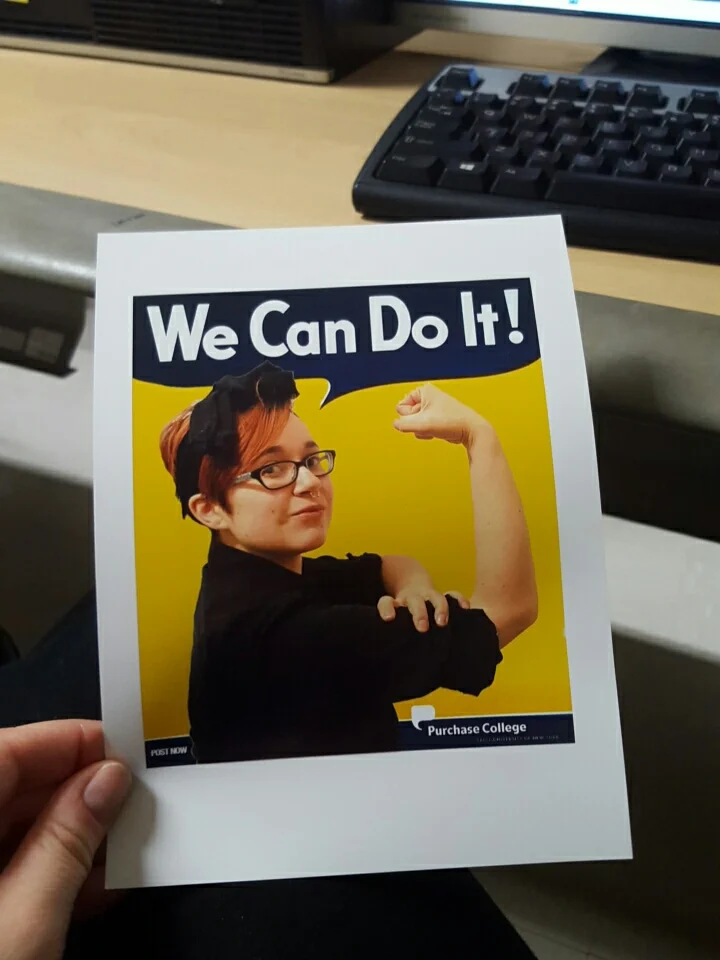In the wake of the presidential election, it has become clear that more and more people are getting involved with activism, many presumably for the first time. This is exciting, because there is a whole host of people who are ready to voice their opinions. They haven't been worn down yet by years of tireless and thankless work, roadblocks, red tape, ridicule, threats, and failures. They have energy and passion. Of course, conversely, they often lack activism experience and nuance. And, more importantly, it took them this long to step up. It took the threat, and ultimately the reality, of an openly racist, sexist, xenophobic, transphobic, childish, power-hungry, unqualified (need I go on?) President. People who were privileged enough to not feel the need to take action before, and are joining a movement that was built on generations of sacrifice and arduous work, often on the backs of our most marginalized and oppressed peers. I worry that the newcomers may be unprepared for how exhausting, how slow, how complicated, achieving social change will be. And in thinking about them, I can't help but think about my social justice inspirations - my friends at the Hartford Catholic Worker. The Hartford Catholic Worker is a community based in the North End of Hartford, Connecticut. Its founding members have been living and working in the neighborhood for over twenty years, and have been joined for periods of time by other live-in community members, like myself. Their extended community consists of college students, high-school volunteers, suburban families, priests, family members, active citizens, and more. Their ministries have included tutoring and mentoring programs, food and furniture pantries, international and domestic solidarity actions, taking in children and young adults, holding vigils against nuclear warfare, and educating surrounding communities on social justice issues, just to name a few. They believe that forming lasting relationships with people around you is key to inspiring lasting change. They are a group of people who see injustice next-door and halfway across the world, and constantly strive to take steps to do what they can to help. Their story and their approach is one that is inspiring, and yet admittedly unrealistic to demand from most people. Not everyone can, needs to, is called to, or should, make social justice their full time vocation. But, everyone can and should do something. I believe we can all learn from how Catholic Workers in general take their values seriously, and take action instead of leaving the hard work to someone else. The Hartford Catholic Worker has taught me that while voting, marching, and online activism have their place, they are not the be-all and end-all of social justice. The real work comes from holding conversations with people who don't want to hear your message. From seeing yourself in the face of every human being, and then acting accordingly. From committing to your values so deeply that you are willing to face personal and social repercussions for standing up for what is just. From seeing the intersections among groups and movements in your own city, in your country, and on a global scale. From realizing that silence and passivity are forms of violence and oppression. From making activism a way of being, instead of a one-time thing. From recognizing that social justice can be a part of our art, our relationships, our child-rearing, our schools, our business, our religions, and our daily choices. Seek out the injustices around you - trust me, they are there. Take concrete steps to create a radically loving community, and to inspire others to do the same. Share the stories of those who came before you. Only then, can the revolution be lasting and fulfilling.
~Christina Napolitano





















